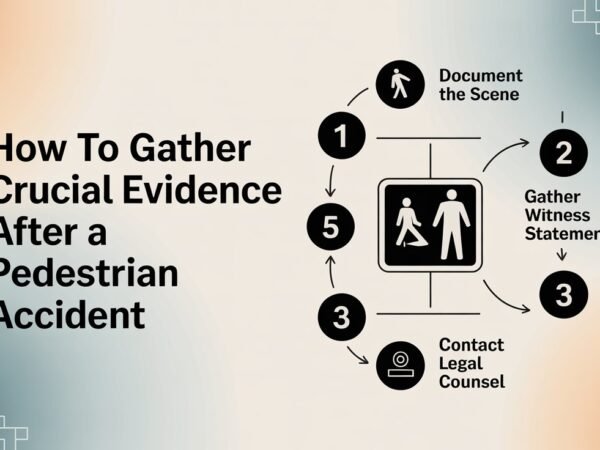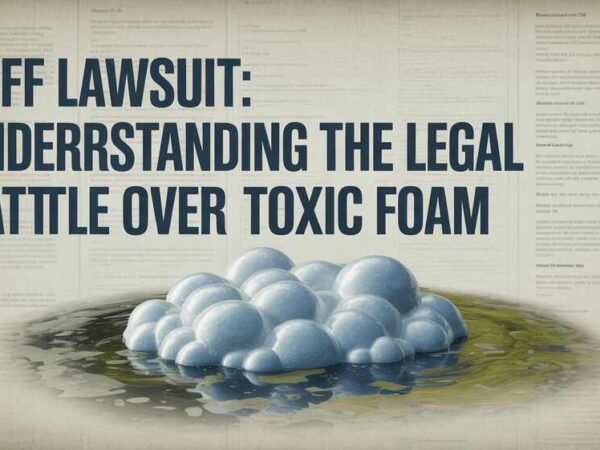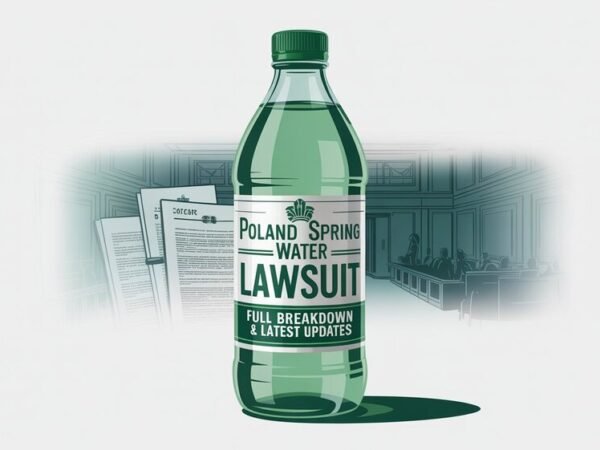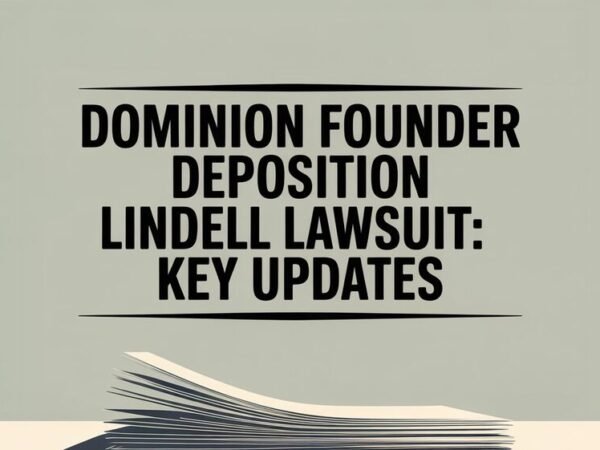Finding the right criminal lawyer can mean the difference between freedom and incarceration. Whether you’re facing charges or helping a loved one through the legal process, hiring an attorney with specific qualities is critical. This blog highlights the X essential qualities to consider when selecting a criminal lawyer, backed by statistics and expert insights for better decision-making.
Specialized Expertise in Criminal Law
A strong foundation in criminal statutes, case precedents, and procedural rules is essential. Lawyers with specialized certifications in criminal defense deliver more favorable outcomes than those without.
Specialized expertise in criminal law is essential for navigating complex legal systems. Attorneys with certifications or experience in criminal cases excel in understanding statutes, precedents, and procedural rules. This expertise helps anticipate prosecution strategies and craft effective defenses, leading to better outcomes. Look for proven knowledge of state and federal laws.
Criminal Lawyers in Virginia
When seeking a Virginia criminal lawyer, prioritize those with specialized expertise in state and local laws. Virginia’s legal system includes unique statutes and procedures, which require in-depth knowledge and experience in the region. Attorneys with certifications in criminal defense and a proven track record in Virginia courts are better equipped to navigate complex cases and deliver favorable outcomes, ensuring effective representation tailored to local nuances.
Stat Insight: According to the National Association of Criminal Defense Lawyers (NACDL), criminal defense attorneys with certifications achieve 68% favorable outcomes, compared to 47% for non-specialized attorneys.
Proven Track Record
A lawyer’s history of successful outcomes provides insight into their ability to navigate complex legal challenges.
Statistical Insight: Attorneys with more than 10 years of experience secure case dismissals or reduced charges in 74% of cases, compared to 45% for less experienced lawyers.
What to Ask:
- How many cases similar to mine have you handled?
- What was the outcome of those cases?
Real results indicate the lawyer’s capability and adaptability.
Effective Communication Skills
Effective communication is vital in criminal defense, extending beyond just legal terminology to ensure clear, concise explanations for clients and persuasive arguments in court. An attorney’s ability to break down complex legal matters makes clients feel informed and confident. Strong communication also enables them to craft compelling, persuasive narratives that resonate with judges and juries.
Statistical Insight: A 2023 American Bar Association survey revealed that 82% of successful criminal case outcomes were attributed to strong communication skills.
Red Flags:
If a lawyer struggles to explain legal concepts or avoids answering direct questions, it may indicate a lack of clarity or focus in their approach.
Effective lawyers prioritize clear, transparent communication and ensure clients understand every aspect of the case.
Critical Thinking and Strategic Planning
Criminal defense is a game of chess, and your attorney must be a few moves ahead. Critical thinking and strategic planning are crucial in a criminal lawyer. They scrutinize evidence intensely, anticipate the prosecution’s next moves, and design creative defenses tailored to the case.
Stat Insight: Legal analytics show that lawyers who utilize thorough pre-trial motion strategies achieve favorable plea bargains in 63% of cases, compared to 41% for those who don’t.
Key Qualities:
- Ability to analyze evidence critically.
- Anticipation of prosecution strategies.
- Innovative defense tactics.
Lawyer Qualifications vs Success Rates
| Qualification | Success Rate (% Cases with Favorable Outcomes) |
|---|---|
| Specialized Certification | 68% |
| 10+ Years of Experience | 74% |
| Effective Communication | 82% (impact on case outcomes) |
| Strategic Pre-Trial Motions | 63% |
Courtroom Confidence and Advocacy
A lawyer’s performance under pressure in a courtroom is what tips a case. Confidence and the ability to present convincing arguments are strengths an attorney can rely on in order to establish his or her credibility with judges and juries.
What to Look For:
- Calm Under Pressure: Lawyers with composure in high-stress situations demonstrate professionalism and reliability.
- Quick Thinking: Skilled attorneys respond adeptly to objections, new evidence, or challenges from opposing counsel during trials.
- Persuasive Argumentation: A great lawyer crafts arguments that resonate both emotionally and logically with juries, going beyond presenting facts.
Ethical Integrity
Ethical integrity is the cornerstone of a strong lawyer-client relationship, fostering trust and ensuring cases are handled with responsibility and honesty. Key traits of ethical lawyers include transparency, confidentiality, and a steadfast commitment to justice.
Ethical lawyers provide clear, realistic expectations, uphold professional conduct, and avoid conflicts of interest while adhering to legal standards.
Transparency ensures they are upfront about strategies without making unrealistic promises, while confidentiality safeguards sensitive client information. Honesty is vital, as it enables lawyers to communicate risks and strategies truthfully, guiding clients without false assurances.
To ensure these qualities, always verify a lawyer’s professional standing through reviews and references.
Availability and Responsiveness
Timely communication is critical in criminal cases where decisions must often be made quickly. A responsive lawyer ensures clients remain informed and reassured throughout the process.
Pro Tip:
Look for lawyers who:
- Provide consistent updates on the case.
- Respond promptly to emails or calls, especially during urgent situations.
- Demonstrate proactive communication, addressing client concerns without needing repeated follow-ups.
Fee Transparency
Fee transparency is crucial for building trust and avoiding potential conflicts between a client and their lawyer after services are rendered. Discussing fees well in advance ensures clarity on financial expectations and eliminates uncertainty.
Competent criminal lawyers provide an itemized breakdown of their charges, including hourly rates, retainer fees, and specific expenses like court filing or investigation costs.
A good attorney should clearly explain fee structures in writing, ensuring all costs are accounted for upfront. This transparency prevents surprises or hidden fees, fostering an ethical and trustworthy working relationship.
Negotiation Skills
Negotiation skills are vital for criminal lawyers when dealing with plea bargains or settlement discussions. A skilled negotiator can secure favorable terms, such as reduced charges or lesser sentences, minimizing the potential impact on the client. Effective negotiators can also advocate for alternatives to incarceration, such as rehabilitation programs or community service.
Attention to Detail
Criminal defense requires meticulous attention to detail, as even small pieces of evidence or overlooked procedural errors can significantly affect the case’s outcome. A detail-oriented lawyer ensures that no important aspect of the case is missed, from scrutinizing evidence to reviewing legal documents and timelines. This quality helps in identifying flaws in the prosecution’s case or uncovering new defense strategies.
FAQs
What should I ask when interviewing a criminal lawyer?
Ask about their experience with similar cases, preferred defense strategies, and potential outcomes. Clarify their fee structure to ensure transparency and avoid unexpected costs.
How do I know if a lawyer has the right experience?
Examine their track record, certifications, and client testimonials. Focus on attorneys with proven success in cases like yours and relevant expertise in your specific legal area.
What if I cannot afford a private lawyer?
Explore legal aid organizations or public defenders, which provide free or low-cost representation for individuals with limited financial resources, ensuring access to quality legal assistance.
Conclusion
Selecting the right criminal lawyer is crucial for securing a strong defense. Key qualities such as specialized expertise, effective communication, strategic planning, and courtroom confidence can significantly impact the outcome of your case. It’s essential to assess a lawyer’s track record, ethical integrity, and responsiveness to ensure they align with your needs. By carefully evaluating these attributes, you can make a well-informed decision and increase your chances of achieving the best possible legal outcome.













